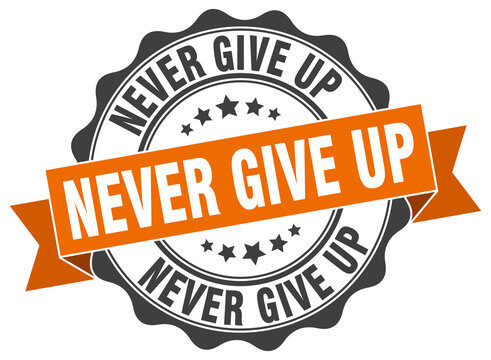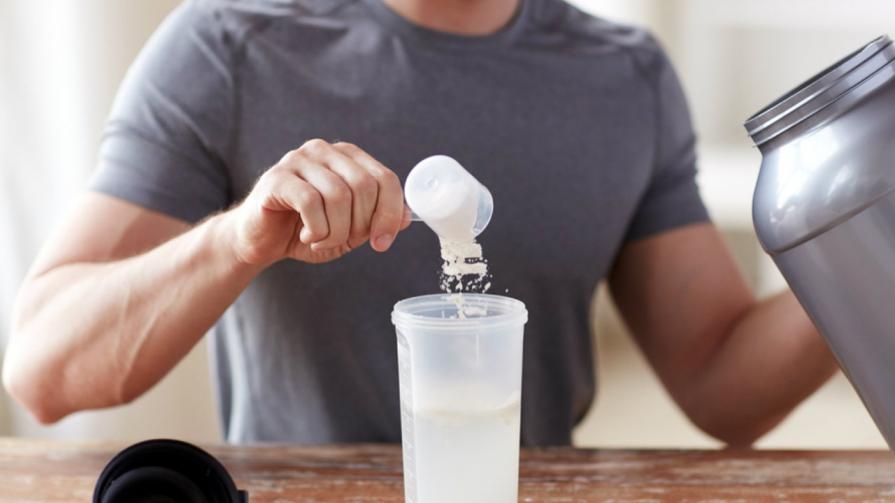In order to achieve the desired results, in addition to proper and regular training, it is necessary to adhere to a proper diet that includes an appropriate and balanced intake of carbohydrates, proteins and fats, in accordance with the goals we want to achieve.* If, for some reason, some of the above does not we take in sufficient amounts through diet, supplementation is recommended.
Protein is a compound aimed primarily at growth and development, but also maintaining muscle mass, but also many other processes in our body; therefore, it is important to consume it in sufficient quantities. It is recommended that we compensate for the lack of protein with some kind of protein powder that has a protein content of more than 70%. We can find different types of protein powders on the market. They are not all of the same quality, so you should be careful when choosing. It is necessary to take into account, in addition to the mentioned percentage of protein, the type of protein.
“All proteins are generally divided into several groups in relation to their origin, sources, speed of action and concentration. We can name three basic types of protein powders: whey, casein and soy.”
Whey is a protein obtained from liquid whey. At the same time, it is desirable to take it because of its biological value (it contains all nine amino acids necessary for recovery, growth and muscle work). What sets it apart from other proteins is the speed with which it is broken down and then “integrated” into the muscles. As we said, whey is obtained from whey, and depending on the so-called purity achieved through its filtration, we distinguish: whey isolate, hydrolysate and concentrate. Whey isolate is the purest form of protein that can be found on the market (it contains the lowest percentage of carbohydrates and fats). Whey hydrolysate is actually the same as whey isolate, except that the digestion process of this protein is short, since the amino acids are broken down into even smaller building blocks – peptides, which are quickly and easily digested. The third type is represented by whey concentrate, during the production of which carbohydrates (lactose sugars) and milk fat are removed. These “cleaner” forms of protein powders cost more.
how-to-drink-proteins
Apart from this, there are protein powders of plant origin: soy, as well as casein, the main protein in cow’s milk.
“When buying, we have to pay attention to the protein concentration in the protein powder. Those containing at least 70% protein are considered a recommended choice.”
Most whey proteins contain between 70-80% protein, but there are also those with only 35% protein, which indicates that most of this supplement consists of carbohydrates and fats, which we definitely want to avoid.
how-to-drink-protein Protein powder is usually drunk in the form of a shake, mixed with water or milk. Whether we choose the first or the second variant depends on whether we want to consume pure protein or some carbohydrates and fats found in milk. In general, a combination of whey protein with casein, which is naturally already present in milk, is recommended. In that case, we can also choose the type of milk with which we will combine it (different percentage of milk fat and lactose). Today, protein powders resistant to heat treatment can be found, which allows us to use them in the preparation of various dishes.
One of the most common questions is when and how much to drink protein powder? It is preferable to take it after training because then the muscle mass needs appropriate nutrients that will contribute to their recovery. Also, right before going to bed is a good time, because during those optimal 6-8 hours of sleep, our body still needs proteins and other compounds. It can be taken in the morning, after getting up, as well as about 30 minutes before training. The recommended dose is usually around 1-2 scoops which depends on our protein needs, which varies on many factors (for example weight – 1-2g per kg of body weight), as well as whether we want to just maintain or increase muscle mass.
how-to-drink-proteins The question is often asked whether protein powders are harmful to the body, as well as whether they are really necessary for us. We cannot talk about the harmful effects of whey or any other type of protein except in the case of excessive protein intake in general. As for our needs for this form of protein, they depend on our needs for protein in general. As already mentioned, protein powder is a good replacement for a protein meal that will allow us to have enough or more protein intake according to our needs and goals.
Regular training and proper nutrition will allow us to achieve the desired results in the sport we practice as well as the desired appearance
Best regards
Alex pro training


